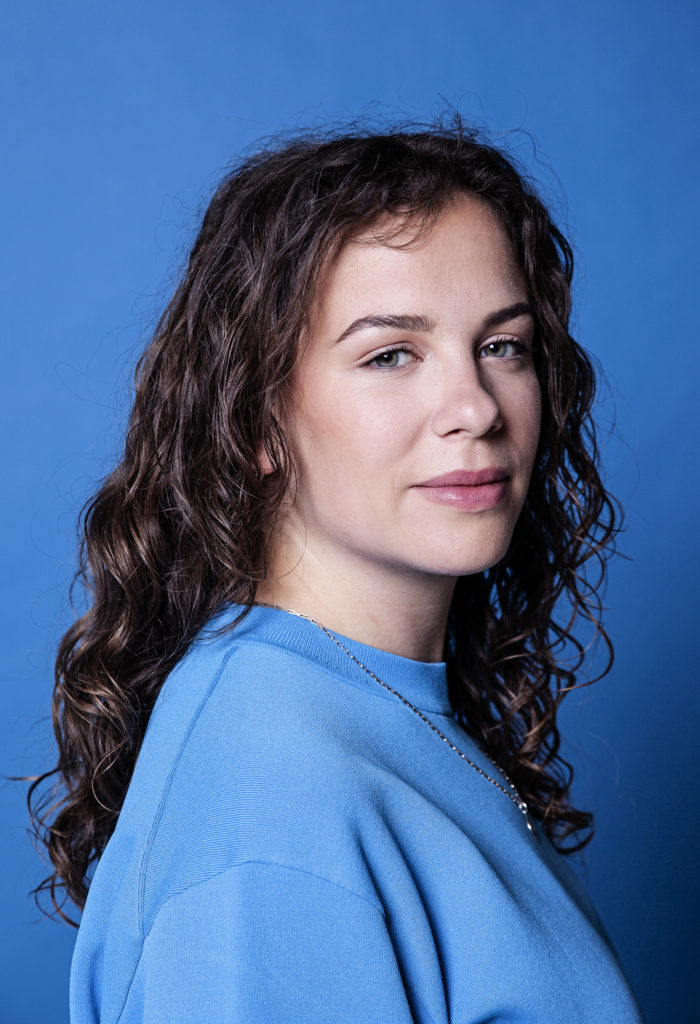Delen
Annika (23) is a third-year medical student
‘Doctors are people, and people have unconscious biases. I now realise how important it is to question your own prejudice.’
Classmates from all over the world
I grew up in Rotterdam’s Crooswijk district, a very diverse neighbourhood. My classmates came from Morocco, Turkey, and Ethiopia, actually from all over the world. I saw myself being a doctor to all these people. But during my training, I rarely saw them.
The white man centralised
Medicine has traditionally been based on research into the white man. As a result, not enough attention was paid to the different patient groups in the Netherlands. I also notice this in the teaching material. When we learn about eczema, we see a photo of a rash on white skin, not on brown or black skin. And when we practise with simulation patients, they are always white. I have never had a simulation conversation with someone who speaks little to no Dutch. And yet I am very curious how someone like that experiences health care.

Special population
The other day, I was listening to an online conference on cardiology. The cardiologist mentioned that in her field, women are still marked ‘special population’. While half of the population are women. And I read in a summary of the teaching materials for psychiatry that transvestism is a disorder. I think it is important in medical schools to examine which ideas might be outdated.
Inclusive care in education
When I voiced my desire for more inclusive teaching, I received a positive response from the university. Something needed to change, and I was given carte blanche to make inclusive care a reality. I tried to do that in different ways. As a result, there is an assignment in the curriculum that makes students reflect on the neighbourhood they come from, and how their world might differ from the world of patients in their consulting rooms. I also organised a masterclass on inclusive care.
Check your own prejudice
Doctors are people, and people have prejudice and unconscious biases. Those can also be wrong. For example, the other day I asked a woman if she had a boyfriend. It turned out she had a girlfriend. It made me realise again how important it is to examine your own prejudice. It is a constant process of tuning in to your patients.
Personalised care
In medicine, there is a growing interest in how doctors can better cater to differences between patients and how they can provide personalised care. I wish that this inclusive approach will also take shape in education.